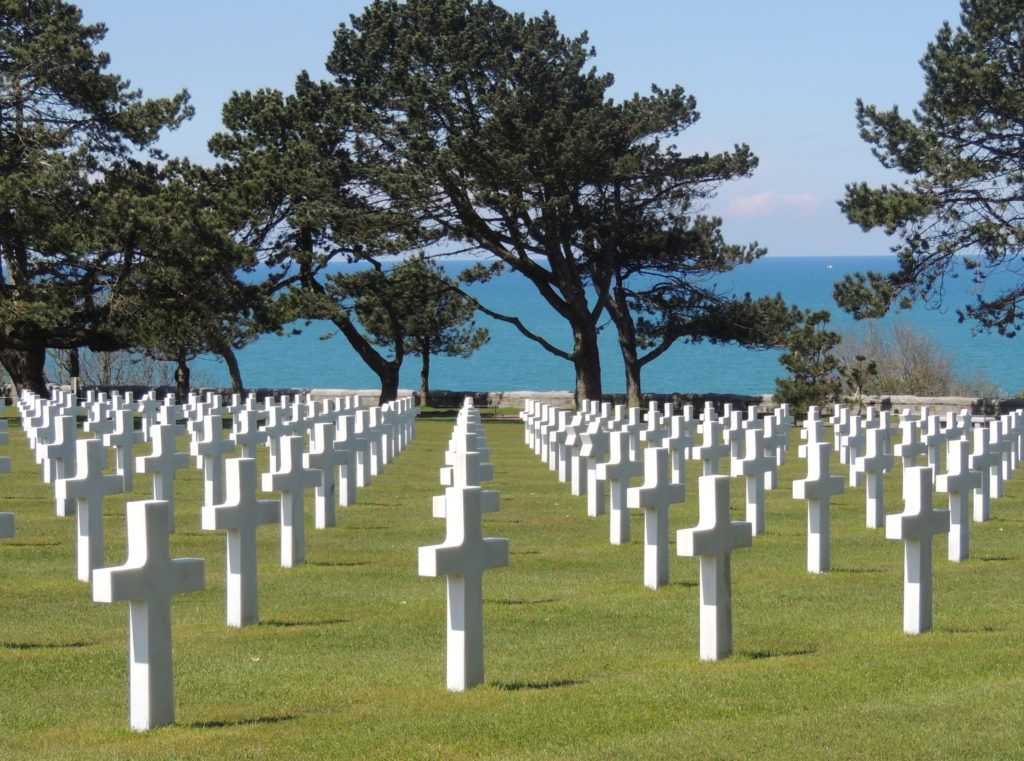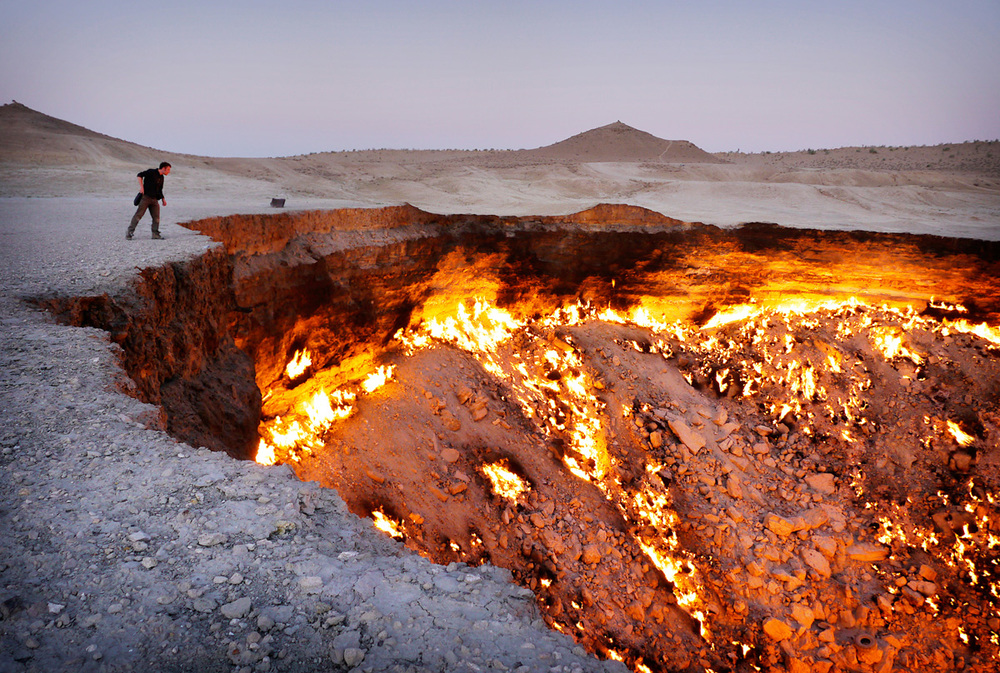The Daily Escape:

Normandy American Cemetery, Colleville-sur-Mer, France – 2016 photo by Wrongo
Wrongo’s service occurred during the Vietnam War. His father was a WWII veteran. His grandfather, a WWI vet. Wrongo salutes all who have served!
While none of his kids have served, we all carry scars of our nearly two decades-long mistaken adventures in the Middle East. For some, it is poorer roads, bridges and airports. For others, it’s a huge budget deficit that won’t be paid off, even by Wrongo’s grandchildren’s children.
Of the 2.7 million who served in Iraq or Afghanistan, the Department of Veterans Affairs says that 35% have some form of disability. Over 970,000 Iraq and Afghanistan veteran disability claims have been registered with the VA. Over 6,900 US troops have died, as have approximately 7,800 contractors. These 20 years have also produced around 2,000 amputees.
“Iraq and Afghanistan vets represent less than 1% of the population, and America lost eight times as many soldiers in Vietnam in less than half the time, when its population was two-thirds the current size.”
The Economist tries to tell us that the body count in Afghanistan is a great result. That’s neoliberal BS. People died, people were wounded and many thousands continue to suffer from post-traumatic stress.
Since we ended the compulsory draft in 1973, Americans are no longer connected to our wars, or to our veterans. These wars have been funded by debt, so younger Americans will pay for wars that they hardly know about, or why they happened.
This disconnect helps explain why the country’s civilian-military relations are so distant. It also explains why America has gotten locked into long and unproductive conflicts.
Some think that Trump will get us out of Afghanistan in the coming year. Some think that Trump was correct to cede northeastern Syria to Turkey and Russia.
But, as we sit here on Veterans Day 2019, the messages from the Trump administration are very mixed. The Guardian reports that two weeks after ordering a complete evacuation of US troops ahead of a Turkish incursion into northeastern Syria, Trump has changed his mind.
He’s now said some US troops should stay to “secure the oil”. That’s oil that is the rightful property of Syria. Reuters reports that Defense Secretary Mark Esper said:
“The United States will repel any attempt to take Syria’s oil fields away from U.S.-backed Syrian militia with overwhelming force, whether the opponent is Islamic State or even forces backed by Russia or Syria…”
Pentagon spokesperson Jonathan Hoffman said that US forces may continue this effort for years to come.
So, we’re “protecting” Syrian oil fields to deny access to ISIS and/or to the Syrian government? For years to come?
Here we go again with oil fields in the Middle East. It’s the same old story: oil companies are again directing the use of our troops, and how we should spend our taxpayer’s money. That’s the money that could have been used for many more important things. Follow the oil, and you’ll know Trump’s military policy in the Middle East.
It isn’t honorable for America to squat down uninvited in another country. It isn’t honorable to take control of Syrian oil fields while saying we’re stopping ISIS from using it. FYI, the US bombed that oil infrastructure years ago. It isn’t producing much oil today.
With this much dishonor, most of it at the Pentagon and the White House, no one who is signing up now to serve voluntarily should believe that what we’re doing in the Middle East is defending the Constitution.
We should honor the service of our veterans, and that of those currently in uniform, but that’s not all that we have to do. It’s time to wake up America!
We need to see that Trump’s so-called “bring the troops home” stance only means that he hasn’t opened a new theater of war for the last 3 years. He’s continued to shuffle a few of our existing pieces around. Has he closed any of our 800+ military bases around the world? No, in fact, more have been added. Has he stopped any of the active wars that the US currently is engaged in around the world? No. Has he reduced the military budget? No, he has increased it.
The American people are sick and tired of these military quagmires. It’s time to take action at the ballot box in 2020 against the war mongers in both parties.




